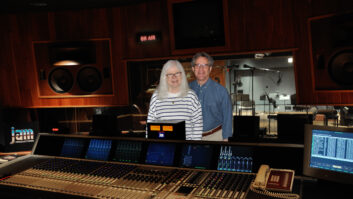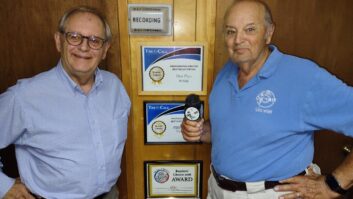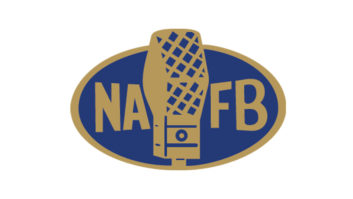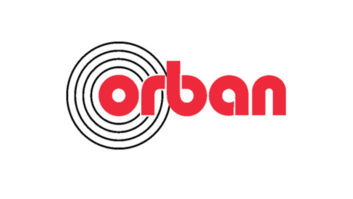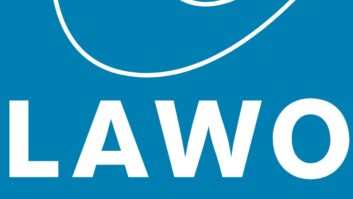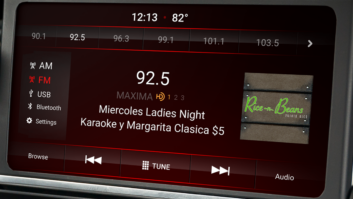It was my privilege in the current issue of Radio World to introduce the newest recipient of the Radio World Excellence in Engineering Award, Alan Jurison. You’ll find our story about him here.
He is our 20th recipient. Below are a few quotes that stand out to me as I look back over our honorees during that time.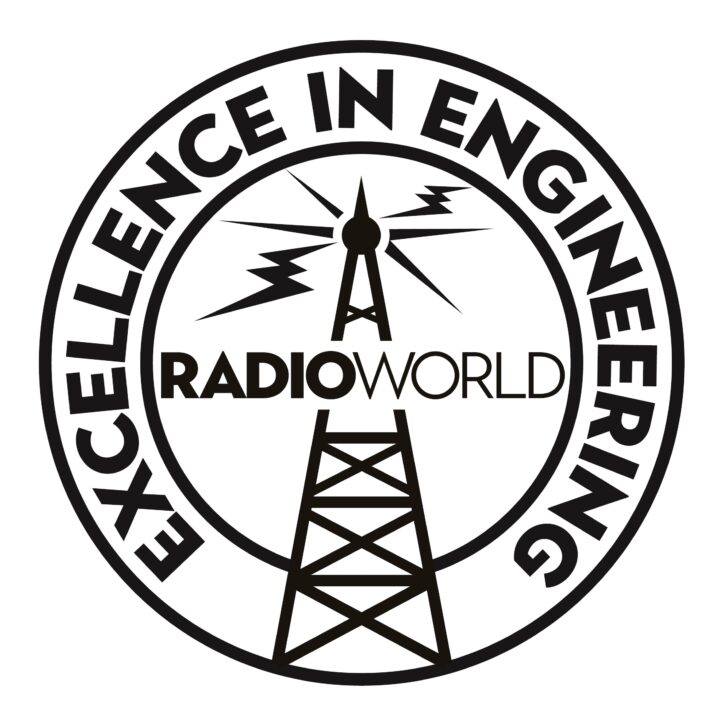
Andy Andresen, 2004, talking about the changing nature of engineering — “I have two market managers, nine PDs, and more DJs and sales reps than I can keep track of. … Engineering is a service, and all the people just mentioned are our clients. I don’t believe technology will be our biggest challenge; technology is what we do. Time management won’t challenge us either; we’ll just invent a better way to manage it. Our real challenge is to see the forest for the trees, and like any good business spend some time with our clients.”
Mike Starling, 2005, on advancing in your career — “If you’re really interested in it and you love it, don’t take no for an answer. Just keep knocking on doors until someone gives you a break.”
John Lyons, 2006, on how the terror attacks of 2001 were never far from his mind — “As I’m sitting here in my office [at 4 Times Square] looking down at a void in lower Manhattan, it is still striking. This tower went on the air just about three years ago; stations have moved over to Empire, some still have backups at Alpine and various other places; but still there is no building downtown. It’s difficult.”
Clay Freinwald, 2007 — “Broadcasters are no longer the kingpin of the public warning thing; we’re relegated to being another tool in the toolbox. Which is good.”
Jeff Littlejohn, 2008, on how radio should respond to the proliferation of platforms — “We need to get beyond the unique channel we have for distribution; we need to make sure we follow our listeners.”
Gary Kline, 2009, on being ambitious — “My dad always told me ‘You can be an engineer; but maybe you should be the guy who tells engineers what to do. You should have more of a business and management understanding.’”
Milford Smith, 2010 — “As much as other things may have been more fun — stuff we did in the field and pulled off involving a facility improvement or allocation — my work with the National Radio Systems Committee is the most important.”
Barry Thomas, 2011, recalling the scent of a small disco-formatted AM where he worked as a teenager — “There was this weird mix of 1940s dust from the Harris boards and Gates transcription turntables, kicked-up dust and this slight tinge of nicotine. It felt huge.”
Paul Brenner, 2012, on radio maximizing spectrum and digital tools to remain relevant — “The industry has a couple more years to make a decision in which direction to go aggressively. If that doesn’t happen, I’m not sure where we will be in five years.”
Marty Garrison, 2013, on managing the move of NPR’s headquarters — “I love this job. I love the company. … And I just happen to love doing these buildings.”
Wayne Pecena, 2014 — “I think the next tech shift is going to be the radio station in the cloud … I can see a time when what we think of as the radio station is nothing more than a sales office, and audio production is done on something as simple as an iPad or some kind of computer device.”
David Layer, 2015 — “I’m really a lucky man to have landed this job that allows me to pursue all these things I enjoy: engineering, writing, working with people.”
Mike Cooney, 2016–17 — “Caroline [Beasley] and I both believe very much that our future is digital; and if anything, that’s one of our biggest priorities in the future, developing a digital strategy both from third-party products, streaming, websites, podcasting, all those other products.”
Larry Wilkins, 2017–18, about his wife — “Cathy has been extremely supportive of my career over our 31 years of marriage, and I thank her for all the encouragement she has given. It is not easy being married to a broadcast engineer, as transmitters quite often pick the worst times to fail.”
Russ Mundschenk, 2018–19, on the influence of his father Manuel “Munchie” Mundschenk, who ran a hi-fi cabinet shop — “Even when I was three or four, I had a soldering iron in my hand. I grew up around hi-fi. I had my own little radio station set up.”
Dave Kolesar, 2019–20, on putting all-digital AM on WWFD — “The HD3 station on WTOP, which had been, by corporate edict, airing the Mormon Channel, went silent. Joel Oxley, the GM of WTOP, suggested that we put my own internet radio station on the HD3, and that’s how ‘The Gamut’ was born. Eventually it got put on 820 [kHz], so having control of that station, it became easy for me to suggest digital on it.”
Jason Ornellas, 2020–21 — “I don’t like the answer ‘It can’t be done.’ Well, let’s figure that out. Everything can be done. Someone has done something before, so let’s start peeling back the layers of what’s stopping it, and let’s move forward.”
Roz Clark, 2021–22 — “I still feel like a kid in this business. … If you’re interested in solving puzzles or in having a different experience every day, I don’t think there’s any business more diverse than broadcasting — audio, RF, power distribution and computer networks, it goes on and on.”
Steve Shultis, 2023 — “I am kind of biased by being in New York. Market Number 1’s engineers all run a pretty tight ship. We are all peers and listen to each other and push each other. If you want to get better, you want to compete against the best. We have the best of everything in New York City.”
Congratulations to all of our recipients over two decades.

